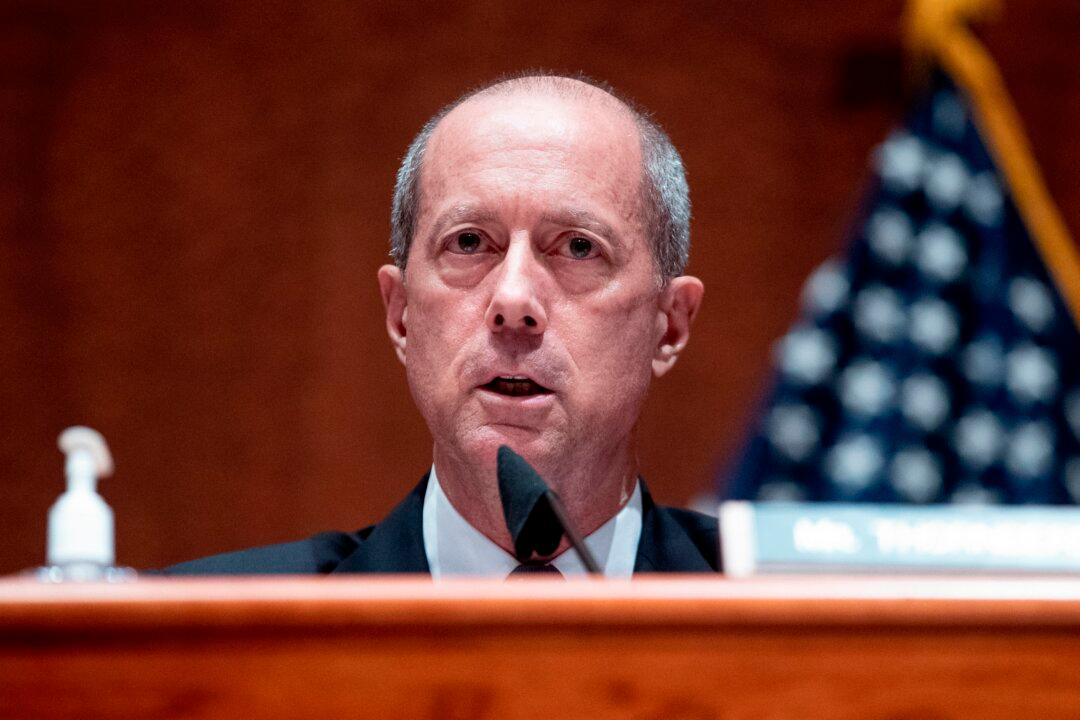Commentary
On March 8 BreakingDefense.com published a thoughtful essay by former congressman and chairman of the House Armed Services Committee Mac Thornberry.

On March 8 BreakingDefense.com published a thoughtful essay by former congressman and chairman of the House Armed Services Committee Mac Thornberry.